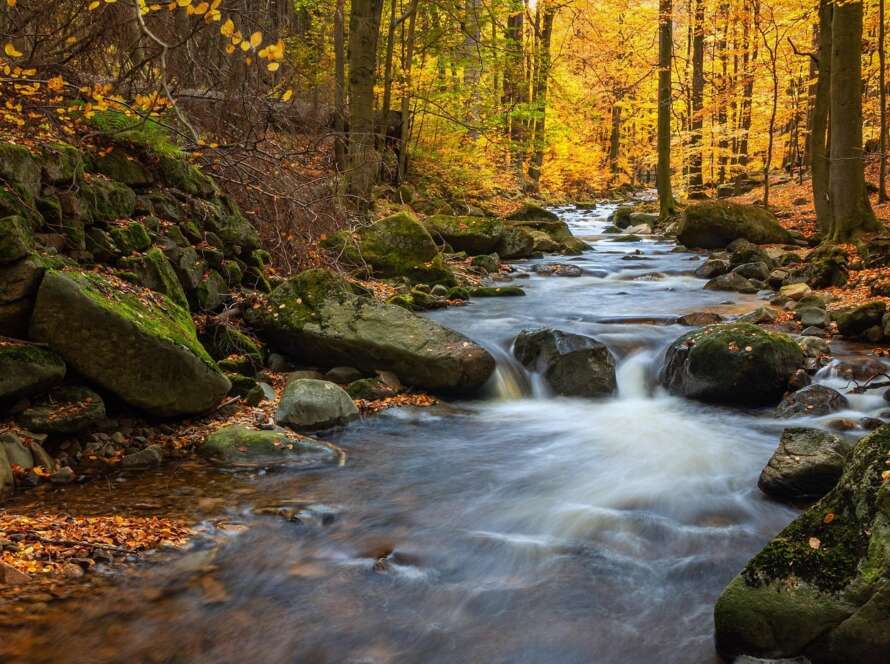I was ten arriving with my parents and three brothers in Tripoli, Libya, on a hot August day. The man holding our passports didn’t look at us. He wore military khakis and a cap. His skin was dark and somehow light at once. He spoke quickly, constantly, in a rapid, staccato, gutteral tongue that sounded choked and angry. His face gave away nothing.
A pendant fan, dangling from a ridiculously long stem, wobbled off-center, lackadaisically swirling hot air. Perspiration trickled down my cheeks. We stood interminably in the blinding heat, I reeling under the intensity. Two or three men stood in robes and caps behind his desk, with no apparent hurry or purpose, smiling thinly. A cigarette burned away in an ashtray beside the official.
I strained to comprehend a single syllable. He quickly fingered through our passports, then flicked his wrist abruptly before his face, momentarily turning away and talking all the while. Startled by his gesture, my mind searched vainly to assign it some mighty significance. I didn’t realize the entire scene could be chit chat and the annoying detail of shooing away a fly. We stood frozen like troops being reviewed.
Ba-Bam! Ba-Bam! Ba-Bam! Ba-Bam! Ba-Bam! Ba-Bam! Six passports in six seconds. The official handed our documents to my father, without a glance to any of us.
We were through. Our official welcome to Libya, over. Next, I was giddy with joy over an American man in a suit who greeted us by name! He took us to a station wagon. Grateful and exhausted, we piled in. It was a long, hot drive through miles of sand, expanses of sand, sand dunes and more sand punctuated by tall, singular palm trees, sand with goats and sheep, unending sand. We arrived at our temporary villa, our home for about three months, until we moved into our permanent villa. Tripoli, a strange and beautiful place, was now my home, and a place of many adventures, most delightful, a few scary.


